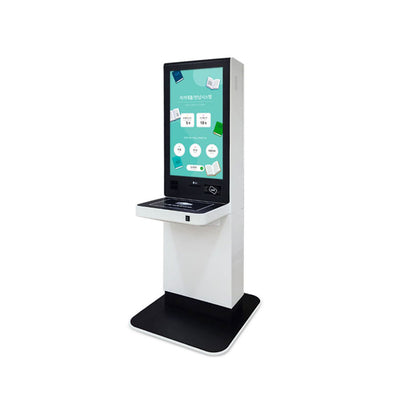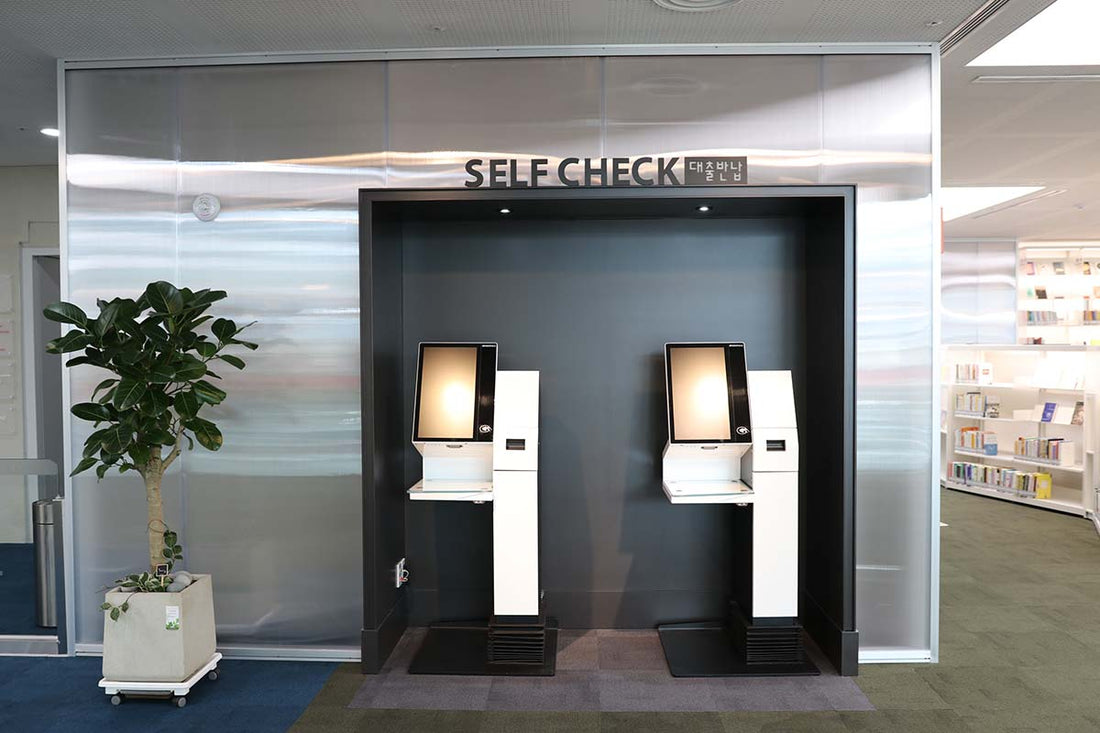Lessons for Progressive Library Administration
In June, the Knight Foundation facilitated the attendance of a group of U.S. librarians at the Next Library Conference in Aarhus, Denmark. This global gathering convened library leaders to explore innovative practices and ideas shaping the future of library services. The participation of 20 U.S. librarians from diverse cities provided a rich exchange of insights and experiences.
ในเดือนมิถุนายน มูลนิธิ Knight ได้สนับสนุนให้บรรณารักษ์ชาวอเมริกันจำนวน 20 คนเข้าร่วมการประชุม Next Library Conference ที่เมืองออฮุส ประเทศเดนมาร์ก การประชุมระดับนานาชาตินี้เป็นเวทีรวมตัวของผู้นำห้องสมุดจากทั่วโลก เพื่อแลกเปลี่ยนแนวคิดและแนวปฏิบัติใหม่ ๆ ที่กำลังเปลี่ยนแปลงอนาคตของบริการห้องสมุด การมีส่วนร่วมของบรรณารักษ์จากเมืองต่าง ๆ ทั่วสหรัฐฯ ช่วยเสริมสร้างการแลกเปลี่ยนความรู้และประสบการณ์ที่หลากหลาย
******************************************************************************************
Redefining Library Spaces
Libraries are evolving beyond traditional roles as information repositories. The concept of libraries as community hubs is gaining momentum, with emphasis on offering diverse services such as town halls, social services, and recreational activities. Flexible architectural designs, exemplified by spaces like Herning Bibliotekerne, foster inclusive environments that cater to various community needs.
ห้องสมุดในปัจจุบันกำลังเปลี่ยนผ่านจากบทบาทดั้งเดิมที่เป็นแหล่งเก็บข้อมูลมาเป็น ศูนย์กลางของชุมชน โดยมีบทบาทใหม่ ๆ เช่น :
1. จัดเวทีอภิปรายสาธารณะ
2. ให้บริการสังคมแก่ประชาชน
3. จัดกิจกรรมสันทนาการและสร้างสรรค์
******************************************************************************************
Promoting Civic Engagement
Libraries serve as catalysts for civic participation and informed citizenship. They provide platforms for community engagement, connecting individuals with local issues and democratic processes. Strengthening democracy requires collaborative efforts among libraries worldwide, as emphasized by attendees like Tonya Head of Lexington Public Library.
ส่งเสริมการมีส่วนร่วมของพลเมือง
ห้องสมุดยุคใหม่เป็นกลไกสำคัญในการขับเคลื่อน
ประชาธิปไตยและการมีส่วนร่วมของประชาชน โดย:
1. สร้างพื้นที่ให้ประชาชนเข้ามามีบทบาทในประเด็นสาธารณะ
2. เชื่อมโยงผู้คนกับกระบวนการทางการเมืองในท้องถิ่น
3. เปิดโอกาสให้เกิดการมีส่วนร่วมในสังคม
Tonya Head จากห้องสมุด Lexington เน้นย้ำว่า ความร่วมมือระหว่างห้องสมุดทั่วโลกคือกุญแจสำคัญในการเสริมสร้างประชาธิปไตย

Empowering Community Voices
Effective library management involves actively soliciting and incorporating public input. Libraries must embrace a citizen-centric approach, trusting patrons and communities to shape library services. Collaboration, empathy, and openness to diverse perspectives are essential for fostering inclusive library environments.
ส่งเสริมเสียงของชุมชน
การบริหารห้องสมุดแนวใหม่ต้อง:
1. เปิดรับความคิดเห็นจากประชาชนอย่างจริงจัง
2. ไว้วางใจให้ชุมชนมีส่วนกำหนดทิศทางบริการ
3. ใช้แนวคิด “ชุมชนเป็นศูนย์กลาง”
คุณค่าหลัก: ความร่วมมือ ความเข้าอกเข้าใจ และการเปิดใจต่อความหลากหลายของผู้ใช้บริการ
******************************************************************************************
Embracing Cultural Shifts
To drive innovation, libraries must embrace cultural shifts, discard outdated norms, and prioritize people-centric approaches. Mistakes should be acknowledged as opportunities for growth, fostering a culture of experimentation and learning. Collaboration and inclusive problem-solving are key to addressing community needs effectively.
เปิดรับการเปลี่ยนแปลงทางวัฒนธรรม
เพื่อให้เกิดนวัตกรรม ห้องสมุดต้อง:
1. ทิ้งวิถีการทำงานแบบเก่า ๆ
2. ยอมรับความผิดพลาดและเรียนรู้จากมัน
3. สร้างวัฒนธรรมที่ส่งเสริมนวัตกรรมและการแก้ปัญหาร่วมกันอย่างครอบคลุม
การให้ความสำคัญกับผู้คนเป็นหัวใจในการรักษาความเกี่ยวข้องของห้องสมุดกับสังคม
******************************************************************************************
Revitalizing Communities
Libraries play a pivotal role in revitalizing and sustaining communities. By providing inclusive spaces for interaction and collaboration, libraries facilitate social cohesion and civic engagement. They serve as platforms for public access to technology and person-to-person interactions, fostering vibrant and resilient communities.
ฟื้นฟูและเชื่อมโยงชุมชน
ห้องสมุดมีบทบาทสำคัญในการ สร้างความเข้มแข็งและความสามัคคีในชุมชน ผ่าน :
1. การให้ประชาชนเข้าถึงเทคโนโลยี
2. การสร้างโอกาสให้ผู้คนได้พบปะและทำกิจกรรมร่วมกัน
3. การเป็นพื้นที่ปลอดภัย เปิดกว้าง และสร้างสรรค์
บทบาทเหล่านี้ทำให้ห้องสมุดเป็นกลไกสำคัญในการพัฒนาเมืองและชุมชนอย่างยั่งยืน
******************************************************************************************
Conclusion
The Next Library Conference underscored the transformative potential of libraries as dynamic community hubs. Embracing innovation, fostering civic engagement, and empowering communities are central to progressive library administration. By embracing these principles, libraries can evolve into vibrant spaces that empower individuals, foster democratic participation, and strengthen community bonds.
บทสรุป
การประชุม Next Library เน้นย้ำว่า ห้องสมุดคือพื้นที่ที่มีศักยภาพในการเปลี่ยนแปลงชีวิตและสังคม
การบริหารห้องสมุดแนวก้าวหน้าต้อง:
1. เปิดรับนวัตกรรม
2. สร้างการมีส่วนร่วมของพลเมือง
3. ให้ชุมชนมีบทบาทนำ
ด้วยแนวทางนี้ ห้องสมุดจะกลายเป็น พื้นที่มีชีวิตชีวา ที่ส่งเสริมพลังของแต่ละบุคคล สร้างประชาธิปไตยที่เข้มแข็ง และเสริมสร้างสายสัมพันธ์ในชุมชน











